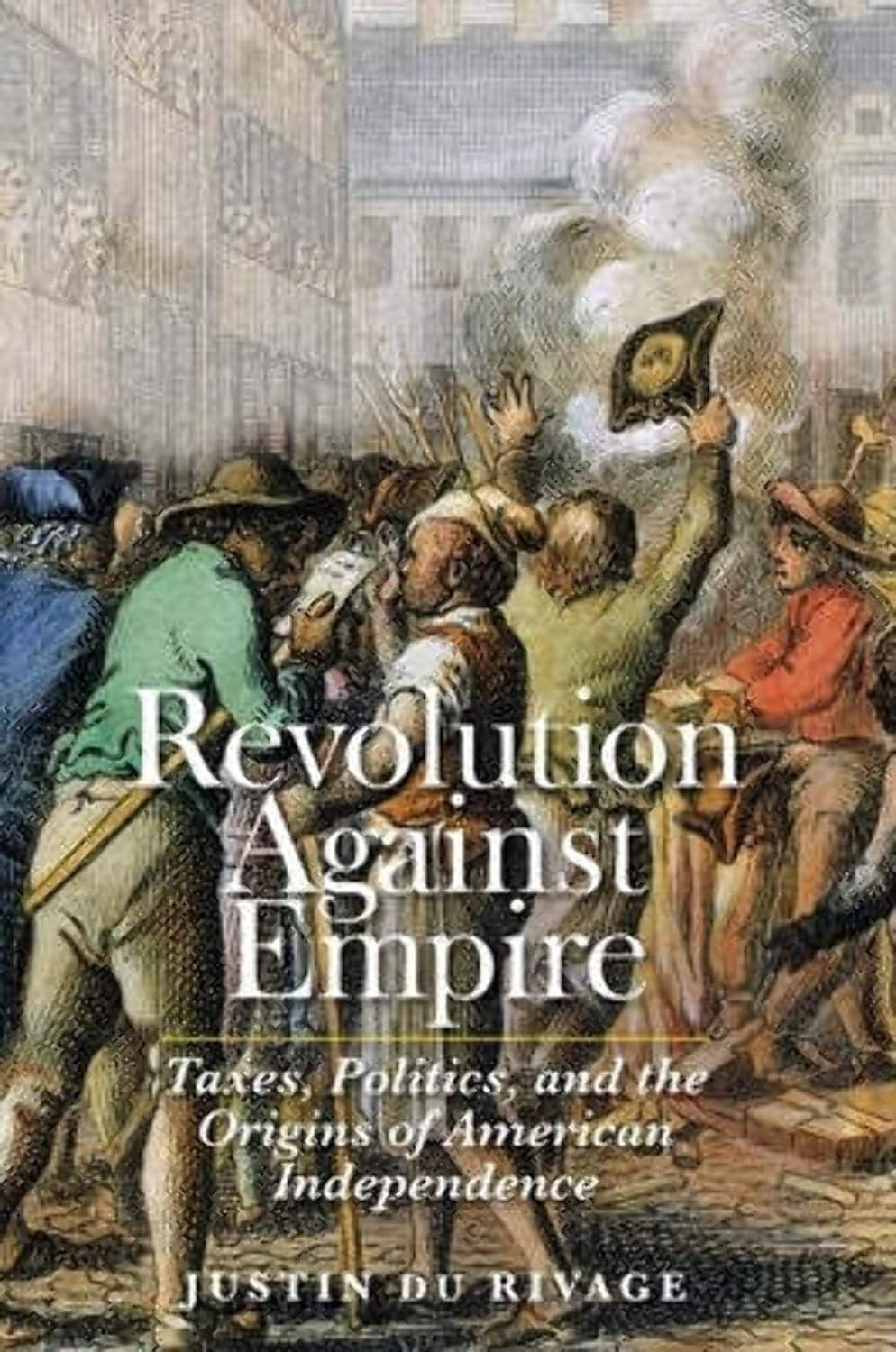The authoritarian reformers—the empire, in other words—have something to be said for them; and what is to be said for them is, well, Canada. Our northern neighbor’s relative lack of violence, its peaceful continuity, its ability to allow double and triple identities and to build a country successfully out of two languages and radically different national pasts: all these Canadian virtues are, counterintuitively, far more the legacy of those eighteenth-century authoritarian reformers than of the radical Whigs. This is literally the case; the United Empire Loyalists, as they were called, the “Tories” who fled from the States, did much to make Canada. More than that, Canada is the model liberal country because it did not have an American-style revolution, accepting instead the reformers’ values of a strong centralized, if symbolic, monarchy (the Queen is still there, aging, on the Canadian twenty-dollar bill); a largely faceless political class; a cautiously parliamentary tradition; a professionalized and noncharismatic military; a governing élite—an establishment.
The Canadian experience was not free of sin—as the indefensible treatment of the First Nations demonstrates—and was, as well, not free of the “colonial cringe” that bedevils so many countries overattached to the motherland. (London and Paris, in this view, meant too much for too long to too many ambitious Canadians.) Still, there is something to be said, however small, for government by an efficient elected élite devoted to compromise. The logic of Whig radicalism, in whatever form it takes, always allows charismatic figures undue play; there’s a reason that the big Whigs remain known today while the authoritarian reformers mostly sink into specialists’ memories of committees and cabinets.
The first modern charismatic politician, John Wilkes, was among the greatest Whig heroes of the American radicals. Nor is it entirely accidental that he would give his name to the charismatic actor who killed Lincoln. The red thread of theatrical violence, violence as show and spectacle and self-definition, links the violence of our revolution with the violence implicit in all cults of great men. Those who say “Thus always to tyrants!” can say it only when they shoot somebody. A government based on enthusiasm, rather than on executive expertise, needs many things to be enthusiastic about. Whig radicalism produces charismatic politics—popular politics in a positive sense, and then in a negative one, too. This is the Achilles’ heel of radical Whiggism, and we know that it is its Achilles’ heel because one day it produces an Achilles, and the next a heel.

